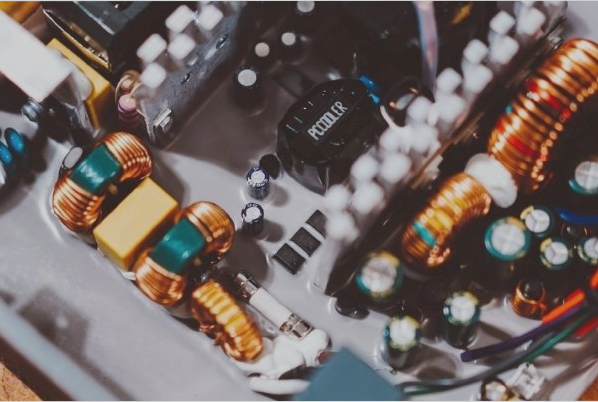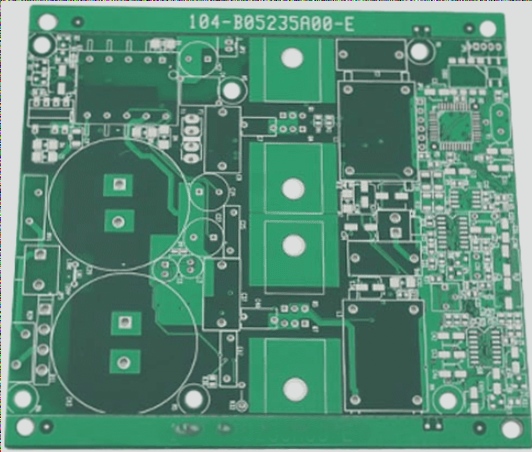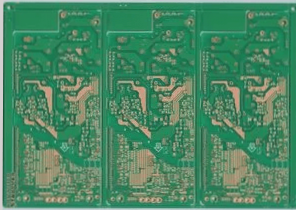Creating a 1mm Through-Hole and 1.6mm Pad in PCB Design
When designing a PCB, it’s essential to understand how to create through-holes and pads. Follow these steps to learn how to do it:
Step 1: Padstack Editor
Begin by locating and clicking on the Padstack Editor tool.

Step 2: Select “Thru Pin”
In the Start interface, choose “Thru Pin” as the option.

Step 3: Specify Hole Details
Switch to the Drill interface and specify the Hole Type, Finished Diameter, and Hole Plating.

In this tutorial, we are using plated through-holes. For non-plated holes, choose “Non-Plated”.
Step 4: Fill in Drill Symbol Details
Move to the Drill Symbol interface and fill in the drill symbol details.

Remember, filling out drill symbols is optional. The software can assign them automatically before the final PCB output.
Step 5: Define Pad Size
In the Design Layers interface, define the pad size for the through-hole.

For negative film designs, define both the Thermal Pad and Anti Pad.
Step 6: Configure Mask Layers
Switch to the Mask Layers interface and configure SOLDERMASK_TOP and SOLDERMASK_BOTTOM parameters.

Typically, through-hole pads do not need PASTEMASK unless reflow soldering is required for through-hole components.
Step 7: Adjust Settings
Go to the Options interface and adjust settings as shown below:

Once the pad design is complete, remember to save your work by selecting “File” → “Save As”.

We’ve named this through-hole pad PTH1R0_1R6. You can choose a suitable name based on your company’s standards.
If you have any questions regarding PCB or PCBA, feel free to reach out to us at info@wellcircuits.com.



